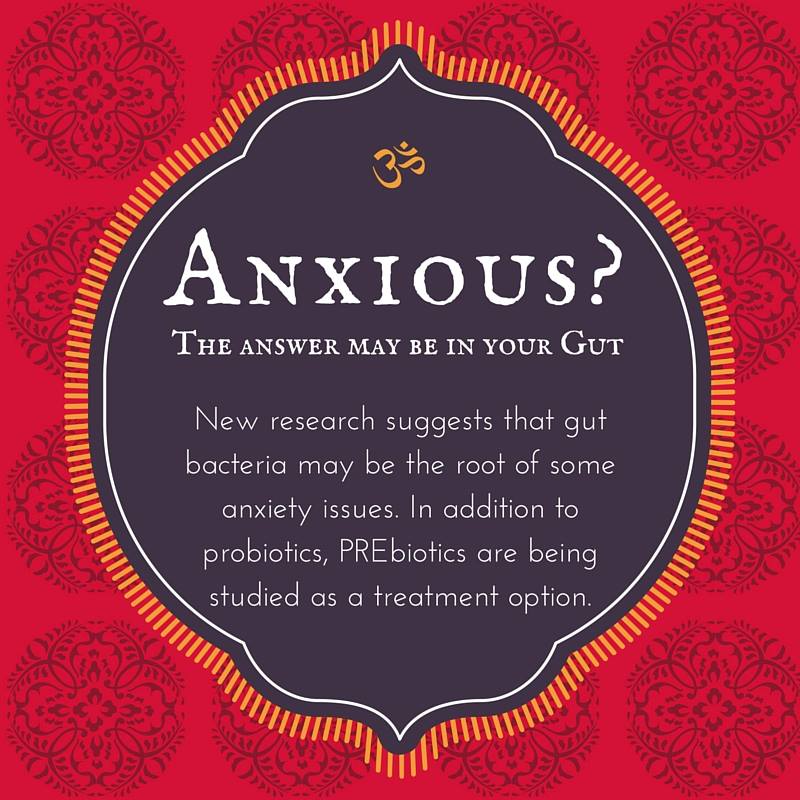
Is your gut making you anxious or depressed?
The importance of maintaining a healthy gut is often underestimated, yet it plays a major role in how we feel. Some refer to the gut as our body’s “second brain,” which I consider to be an accurate depiction. While we’re all familiar with gastrointestinal discomfort, many of us might not know just how much our gut can influence our mental and emotional states as well. Surprisingly, our gut is responsible for 80-90% of the production of the neurotransmitter serotonin in our bodies. And, as most of us know, low serotonin levels have been linked to depression and other mood disorders.
When your gut is running properly, i.e. things are in balance, you intrinsically feel better – not just physically but mentally as well. So, what do we need to have our gut working correctly and running efficiently? Bacteria. More specifically, we need the right bacteria and the right amount of them. As we know, there are millions of bacteria living in our gut at all times. These little guys help us digest food, help keep our immune system strong and produce neurochemicals (e.g., serotonin, dopamine, etc.) that regulate our mood and other physiological operations. In other words, the key players in maintaining the health of our guts aren’t necessarily our own cells, but rather the many microorganisms that also live (and work) there.
Occasionally, the ratio between good and bad bacteria becomes imbalanced, resulting in an overgrowth of “bad” bacteria. A variety of factors can bring this about, for example: using prescription antibiotics, eating too much processed foods that are high in sugar, or even from using birth control. An overabundance of bad bacteria disrupts the gut’s complex internal ecosystem which can leave us feeling tired, moody, foggy-headed, or bloated (or any combination of the above).
So, what if your gut is out of balance? What can you do to heal it? It can take a good deal of effort but it’s certainly not impossible. The best way to approach it is in three successive stages: Remove, Restore and Repair – all of which can be done with food and just a few key supplements:
1. Removing entails eliminating all processed sugars, junk food, and potential allergens from your diet. We don’t want to help these little buggers grow and thrive; we want to starve them off! Focus on eating more vegetables, whole grains, and quality protein.
2. Restoring means reinoculating your gut the good bacteria. You can do this by buying a good probiotic from your local health store (or online). Make sure your probiotic contains Lactobacillus acidophilus and Bifidobacterium. Probiotics tend to be a bit spendy, so if you aren’t able to afford them eating fermented foods will suffice. I enjoy kefir, yogurt, sauerkraut, and kimchi.
3. Repairing the gut can be facilitated with specific supplementation. I would highly recommend taking L-Glutamine, which is an amino acid that has been demonstrated to help maintain the integrity of the intestinal lining. Again, I would focus concurrently on eating foods low in sugar and high in nutrients to really help your gut heal.
Our entire body is connected on more levels than many of us are even aware, especially with respect to our mental health.. You now know the power and influence good bacteria have on a properly functioning gut, and how that can affect our mood. When our body works well, we tend to feel better in every aspect of our lives.
